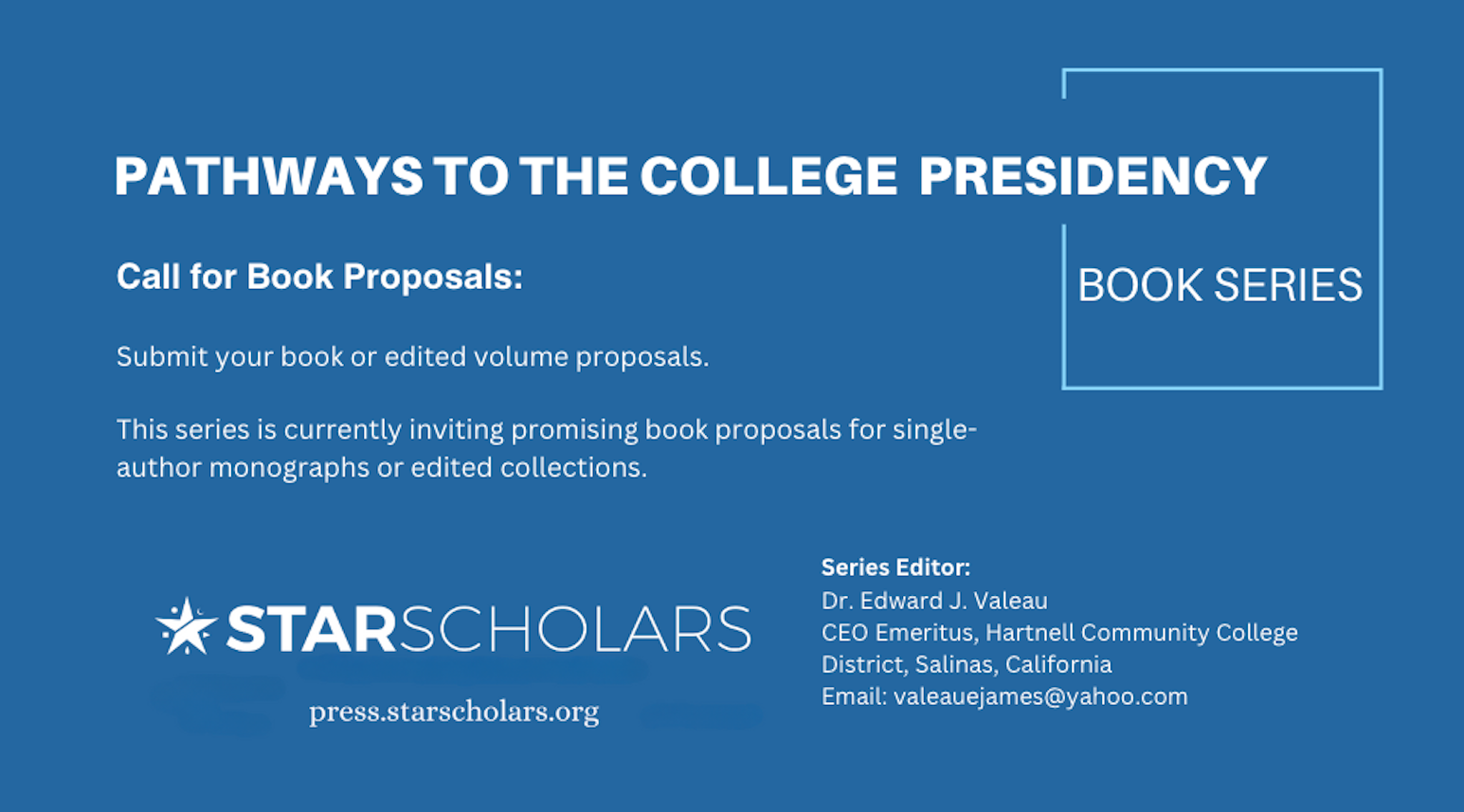Teaching methods and learning environments as catalysts for critical thinking
A social cognitive approach in Japanese junior high schools
DOI:
https://doi.org/10.32674/m84k6807Keywords:
Critical Thinking , Collaborative Learning , Junior High School, Pedagogical Practice, Quality educationAbstract
This study analyzed the factors impacting critical thinking among junior high school students contributing to pedagogical practice. Based on social cognitive theory (SCT), the theoretical framework focused on the interplay of environmental and personal factors. The quantitative action research design surveyed junior high school students (n = 55), and a descriptive analysis approach was applied. The data showed that teaching methods, teaching aids, and assessment methods significantly impacted the students’ critical thinking. However, peer interaction, self-efficacy, classroom management, and course content moderately influenced critical thinking. The study recommended that the school enhance educators’ pedagogical skills, expand learning aids, and refine assessment methods to better align with essential aspects of thinking by conducting frequent educational seminars, workshops, and action research.

 Call for Special Issue Proposals
Call for Special Issue Proposals 


